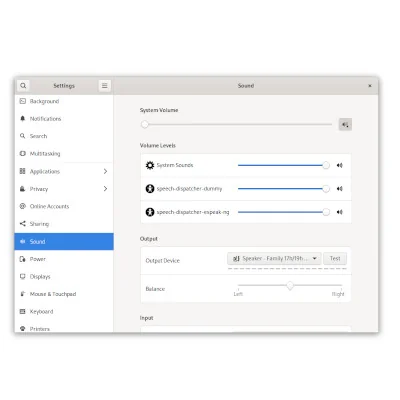Intel's VA-API Library LibVA 2.11 Released With Support For Protected Content

The libVA 2.11 release introduces the LibVA Protected Content API, brings Wayland-related fixes, documentation updates, continuous integration (CI) updates, and other smaller refinements for this Video Acceleration API library.
The VA-API Protected Content API is designed to support streaming of premium video at 1080p+ and to jive with modern DRM (Digital Rights Management) standards. The LibVA Protected APIs are a generic interface to facilitate isolated communication with the Trusted Execution Environment (TEE) for supporting different DRM standards.
Google's Widevine, Microsoft PlayReady, Apple FairPlay, and Sony Merlin were among the DRM standards acknowledged by the VA-API Protected Content API. But now that this API is out there in a released version of the VA-API library, it will be interesting to see what software ends up making use of this optional API.
LibVA 2.11 is available from GitHub.
4 Comments

